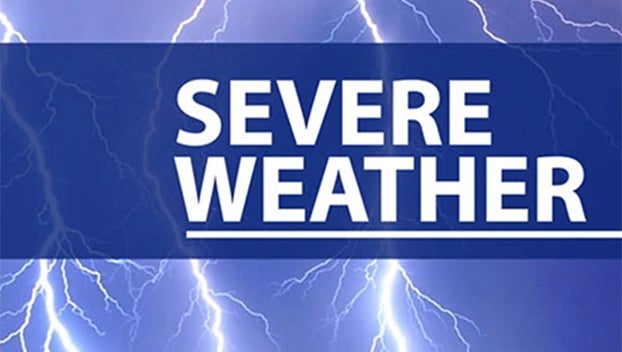Oil spill in ports leads to $4M fine
Published 11:15 pm Tuesday, November 27, 2018
Special to The News
WASHINGTON — Two Greek shipping companies, Avin International LTD, and Nicos I.V. Special Maritime Enterprises, pleaded guilty Monday in federal court in Beaumont to charges stemming from several discharges of oil into the waters of Texas ports by the oil tanker M/T Nicos I.V.
The announcement was made by Assistant Attorney General Jeffrey Bossert Clark for the Justice Department’s Environment and Natural Resources Division and U.S. Attorney Joseph D. Brown for the Eastern District of Texas.
In an issued statement, the Justice Department said Avin International was the operator and Nicos I.V. Special Maritime Enterprises was the owner of the Nicos I.V., which is a Greek-flagged vessel. The master of the Nicos I.V., Rafail-Thomas Tsoumakos, and the vessel’s chief officer, Alexios Thomopoulos, also pleaded guilty to making material false statements to members of the Coast Guard during the investigation into the discharges.
Both companies pleaded guilty to one count of obstruction of an agency proceeding, as well as one count of failure to report discharge of oil under the Clean Water Act, and three counts of negligent discharge of oil under the Clean Water Act.
Under the plea agreement, the companies will pay a $4 million criminal fine and serve a four-year term of probation, during which vessels operated by the companies will be required to implement an environmental compliance plan, including inspections by an independent auditor. Tsoumakos and Thomopoulos each pleaded guilty to one count of making a material false statement and face up to five years in prison when sentenced. A sentencing date has not been set.
“The international ports of Houston and Port Arthur are no one’s dumping ground,” Clark said. “Vessel operators coming to the United States must not foul American waterways. Those who knowingly discharge their waste and lie to the Coast Guard to dodge their legal responsibilities under federal law are on notice that our investigators and prosecutors stand ready to hold them accountable.”
“We take the violation of our environmental protection laws seriously,” Brown said. “We expect shipping and oil companies to do the same. They can do terrible damage to our coastlines and wildlife, and we all have to make sure that does not happen.”
“The Coast Guard Investigative Service will continue to vigorously investigate and hold accountable individuals and corporations who illegally discharge pollutants into the marine environment,” said Brian Jeanfreau, special agent-in-charge of the U.S. Coast Guard Investigative Service, Gulf Region.
According to documents filed in court, the Nicos I.V. was equipped with a segregated ballast system, a connected series of tanks used to control the trim and list of the vessel by taking on or discharging water, the latter involving an operation called deballasting. At some point prior to July 6, 2017, the ballast system of the Nicos I.V. became contaminated with oil and that oil was discharged twice from the vessel into the Port of Houston on July 6 and July 7, 2017, during deballasting operations.
Both Tsoumakos and Thomopoulos were informed of the discharges of oil in the Port of Houston. Tsoumakos failed to report the discharges as required under the Clean Water Act. Neither discharge was recorded in the vessel’s oil record book, as required under MARPOL and the Act to Prevent Pollution from Ships.
After leaving the Port of Houston, en route to Port Arthur, the deck crew was instructed to open the ballast tanks, and oil was observed in several of the tanks. After arriving in Port Arthur, additional oil began bubbling up next to the vessel, causing a report to the U.S. Coast Guard.
During the ensuing investigation, both Tsoumakos and Thomopoulos lied to the Coast Guard, stating, among other things, that they had not been aware of the oil in the ballast system until after the discharge in Port Arthur, and that they believed that the oil in the ballast tanks had entered them when the vessel took on ballast water in Port Arthur.
The U.S. Coast Guard Investigative Service investigated the case with assistance from the U.S. Coast Guard Sector MSU Port Arthur, which conducted the inspection of the ship. Trial Attorney Lauren Steele of the Environmental Crimes Section of the U.S. Department of Justice and Assistant U.S. Attorney Joseph Batte of the Eastern District of Texas prosecuted.





